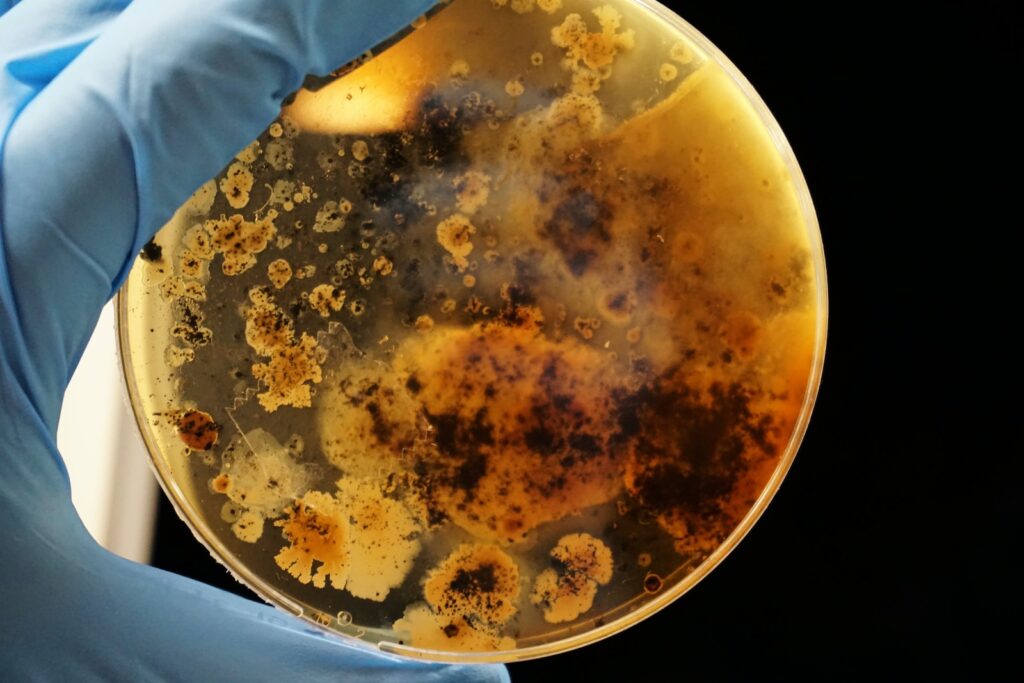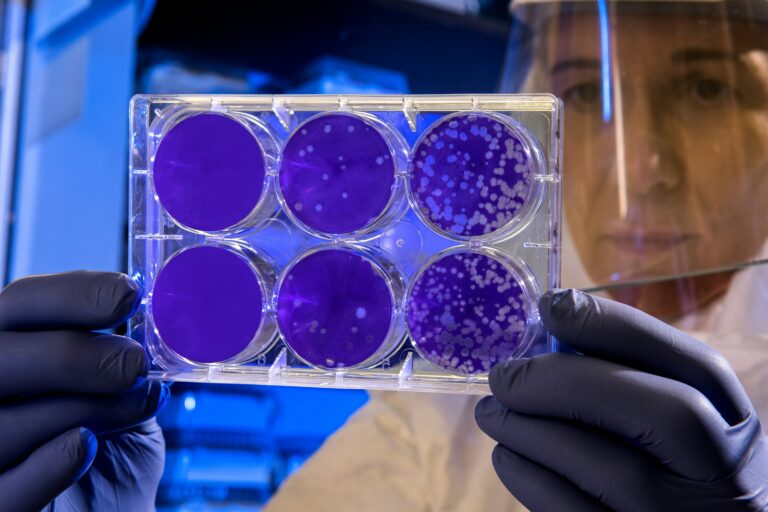The scientists compare their approach to a tweezer, even if mEnrich-seq is not one since it can separate a metaphorical needle from a bacterial haystack.
Bacteria is an essential component of practically all scientific disciplines due to its widespread presence in a variety of settings, contexts, and areas of investigation. This includes anything from medical research and marine ecology to geology and space exploration. Researchers have been able to see what lies behind the biological curtains of many microorganisms because to the research and technology that has been developed over the course of several decades to sequence the genomes of bacteria. However, it can be difficult to successfully isolate a single bacteria, or even a specific strain, from a thriving microbiome in order to investigate its DNA. Currently, researchers are required to isolate a bacterial strain by submerging samples in culture material that is particular to the strain. This ensures that only the bacteria that have been picked are able to successfully develop. Not only does this procedure only work for specific types of bacteria, but it also require a significant amount of time.
In order to bypass both of these problems, geneticists and pathologists working at the Icahn School of Medicine at Mount Sinai have created a strategy. mEnrich-seq is the name of their technique, which makes use of a signature that can be found in the DNA of bacteria in order to isolate a specific strain from a crowded ecosystem. The team at Mount Sinai has compared their technology to a “smart tweezer” because of its capacity to extract a metaphorical needle from a bacterial haystack. This is despite the fact that mEnrich-seq is not a physical tweezer.

Methylation is represented by the letter “m” in the phrase “mEnrich-seq,” while sequencing is denoted by the letter “seq,” according to the researchers who wrote a study for Nature Methods. Because of this, mEnrich-seq makes use of the natural DNA methylation patterns that bacteria possess. These motifs are signatures that are built into bacterial DNA and serve to discriminate between different strains. The scientists at Mount Sinai discovered that they could take advantage of the natural DNA methylation processes that bacteria already possess in order to isolate targeted strains from the host or background strains that are present in their microbiomes. This is despite the fact that bacteria ordinarily rely on these patterns to maintain their immune systems functioning normally.
Up to this point, mEnrich-seq has demonstrated its efficacy in two case studies involving internal medicine. In one of the studies, the researchers collected urine samples from three individuals who had been recognized as having urinary tract infections, also known as UTIs. Additionally, they discovered that mEnrich-seq was able to isolate and rebuild Escherichia coli (E. coli), which is the primary cause of urinary tract infections (UTIs), with a higher degree of sensitivity than traditional methods of bacterial isolation. In a further instance, the researchers utilized mEnrich-seq to isolate Akkermansia muciniphila, a notoriously elusive intestinal strain that has been associated to type 2 diabetes, from the fecal samples of three different individuals. In both studies, the desired bacterial strains were successfully targeted with an accuracy of over 99%.
In spite of the fact that it is currently in the proof-of-concept stage, mEnrich-seq has great potential as a game-changing instrument for the study of their microbiomes. From this point forward, the team at Mount Sinai intends to improve the “smart tweezer” in order to make it more effective and adaptable to a wider variety of medical applications.

